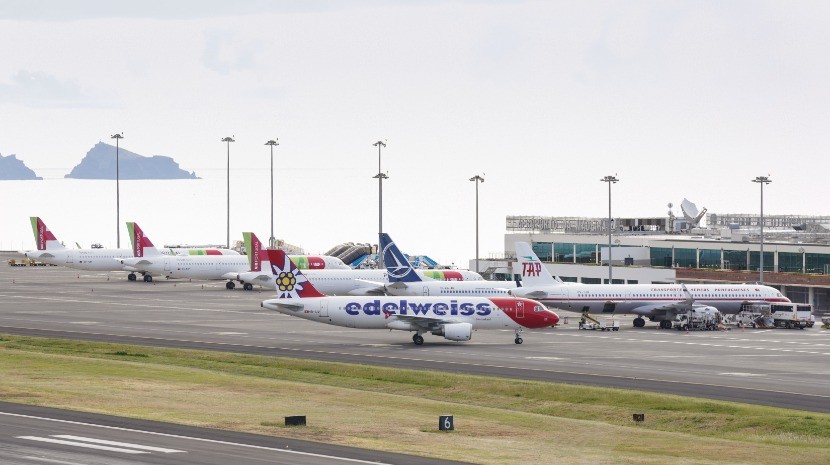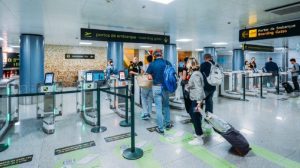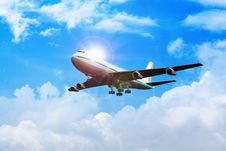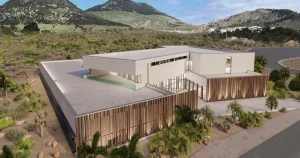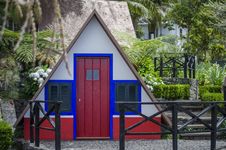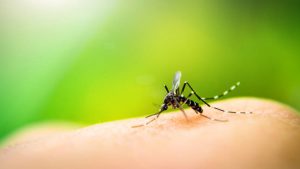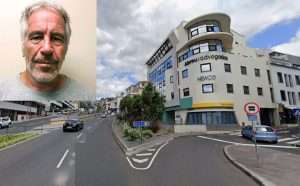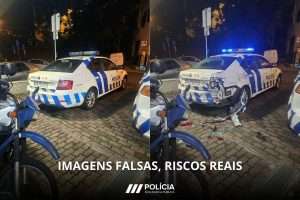The Government will move forward with tenders for the production of sustainable fuel (SAF) and has already received expressions of interest from “several companies,” announced the Minister of Environment and Energy, Maria da Graça Carvalho.
“What we want is for Portugal to be a European and even world producer of sustainable aviation fuels (SAF),” said the minister on the sidelines of the ceremony to set up the Alliance for Sustainability in Aviation (ASA) that will precisely define the national strategy for the sector’s sustainability.
The minister explained that the country has all the conditions to have a prominent place in this area, since “for the promotion of these fuels renewable energy is needed at an affordable price, which is the case in Portugal.”
“We have a great potential for renewable energy,” reinforced Maria da Graça Carvalho.
The minister also revealed that they have already had contacts from several companies interested in moving forward with SAF production projects in Portugal, and the Government is studying the launch of specific tenders.
“Fortunately, we have many companies interested and that have presented studies and projects to be implemented in Portugal. There is a lot of national and international interest,” he said.
Part of this support will come from the new rules, approved by the Council of Ministers in October 2024, which provide for the transfer of part of the carbon tax to a maximum of 40 million euros in “favour of decarbonisation actions or activities in the civil aviation sector”.
More specifically, this support will aim to stimulate the national production of sustainable aviation fuels (SAF) and sustainable aviation electrofuels (eSAF) – to be awarded under the National Roadmap for the Decarbonisation of Aviation (RONDA), in 2026. The amount will be allocated through the revenues obtained by the Environmental Fund through Emissions Trading (ETS), aviation, and the carbon tax.
Asked about the schedule for the start of the tenders for the production of SAF, Maria da Graça Carvalho explained that they will be conducted by the Climate Agency, which is in its training phase.
“During the month of January or early February the Climate Agency should already be up and running and one of the first priorities will be to launch this tender,” he assured, having no doubt that it will attract several consortia.
The objective is to place Portugal on the list of sustainable aviation fuel (SAF) producers worldwide, at a time when airlines have been required, since the 1st of January, to incorporate 2% of SAF. A goal that will increase progressively until 2050.
One of the obstacles to meeting this goal, as airlines have warned, is the lack of production, which is also reflected in the higher prices of this type of fuel that can be produced, for example, through used cooking oils.
This situation has led companies in the sector to move forward with the implementation of surcharges, which are reflected in the increase in air travel prices, as was the case with TAP.
Last week, the company led by Luís Rodrigues announced that “to partially compensate for the additional costs,” it will introduce a SAF surcharge, “which will apply to the departure from European airports (except domestic flights).” This fare will vary between two euros in economy class in Europe and 24 euros in business class for intercontinental flights.
The Minister of Environment and Energy, along with the Minister of Infrastructure and Housing, Miguel Pinto Luz, presided over the ceremony to set up the Alliance for Sustainability in Aviation (ASA), which will include about fifty entities, and took place in the Air Museum, at Air Base No. 1, Sintra.
ASA, established under the National Roadmap for the Decarbonisation of Aviation (RONDA) and in a principle of cooperation between the different stakeholders of the civil aviation system in Portugal, brings together the aviation sector, industry associations, interest groups, representatives of institutions and academia and companies operating in different capacities in the supply chain and in the transport and logistics sector in general, aiming at a debate that integrates the different dimensions of sustainability (social, economic and environmental).
Samantha Gannon
info at madeira-weekly.com
Views: 4

